What to Expect During the Egg Donation Process
Egg donation is a generous and life-changing process that helps individuals and couples struggling with infertility create families. If you are considering becoming an egg donor, it's important to understand what the process entails, from the initial application to recovery post-donation. In this step-by-step guide, we’ll walk you through what to expect, answer common questions like “how much do I get paid for donating my eggs?” and provide clarity on how you can help others while being compensated for your time and effort.
Step 1: Initial Application and Screening
The first step in the egg donation process is to apply to an egg donation agency, we’ve heard Futura is pretty great 🙂 (shameless plug). The application involves filling out a detailed questionnaire about your health, family medical history, lifestyle, and reasons for wanting to donate. Clinics typically look for donors between the ages of 21 and 32 who are in good physical and mental health. If you meet the basic criteria, you will move forward to the screening process.
This process includes a comprehensive medical screening, which includes blood tests, genetic testing, and a physical exam. The goal is to ensure you are physically capable of undergoing the stimulation and retrieval process, as well as to rule out any genetic conditions that might be passed on to the recipient's child. There may also be psychological evaluations to ensure you are emotionally prepared for egg donation. Keep in mind certain tests might come after matching.
Step 2: Matching with Intended Parents
Once you’ve passed the screening process, you’ll be matched with a recipient or couple. Some egg donors choose anonymous donation, semi-open donation, or opt for known donation (where the recipient may have some connection to you).
At this stage, you’ll also be informed about the compensation for your donation. Donors often wonder, "How much do you get paid for egg donation?" The answer varies based on the clinic, location, and your experience. On average, egg donors can expect to earn between $4,000 and $10,000 per donation. If you are a repeat donor or have special qualities that are in high demand, you may earn more. The amount is also dependent on whether you donate eggs to a known or anonymous recipient, with anonymous donors typically earning more. At Futura our egg donors receive $10,000 for their first donation, and that amount raises with every cycle.
Step 3: Ovarian Stimulation
Once you are matched and have agreed to the donation and gone through the legal process, the next step involves ovarian stimulation. This process typically takes about 10-14 days and involves daily hormone injections to stimulate your ovaries to produce multiple eggs. You will visit the clinic several times during this period for blood tests and ultrasounds to monitor your response to the medication.
Although the process involves injections, they are usually manageable, and a nurse will guide you through how to administer them at home. Expect to feel some side effects, such as bloating, mood swings, or mild cramping, as your body adjusts to the hormones. However, these side effects are temporary!
Step 4: Egg Retrieval Procedure
Once your eggs are fully matured, you will undergo the egg retrieval procedure, which is performed under light sedation. The procedure usually lasts about 20-30 minutes and involves using an ultrasound-guided needle to collect the eggs from your ovaries. Most women report feeling only minor discomfort or cramping afterward, and the procedure is relatively painless due to the sedation. Your clinic will monitor you closely to minimize any risks.
Step 5: Recovery After Donation
After the egg retrieval, you will be monitored for a short time in the clinic and then allowed to go home. You may experience some cramping, bloating, or spotting, but these symptoms usually resolve within a few days. It’s important to rest, stay hydrated, and follow any aftercare instructions provided by your doctor.
You may need to take a few days off from work or school to recover, but most donors are back to their normal routine within a week.
The Futura Process
All of the aforementioned steps are applicable to most fertility processes. But here at Futura, we go the extra mile to ensure that you connect with your ideal donor, choose the right egg donor for your family, and enhance your egg donation experience with meaning. We also go to great lengths to ensure egg donors are given personalized support throughout the journey, financially, mentally, and emotionally. We understand how special this journey is for you and we’re here to make sure you have a hand to hold from start to finish.

